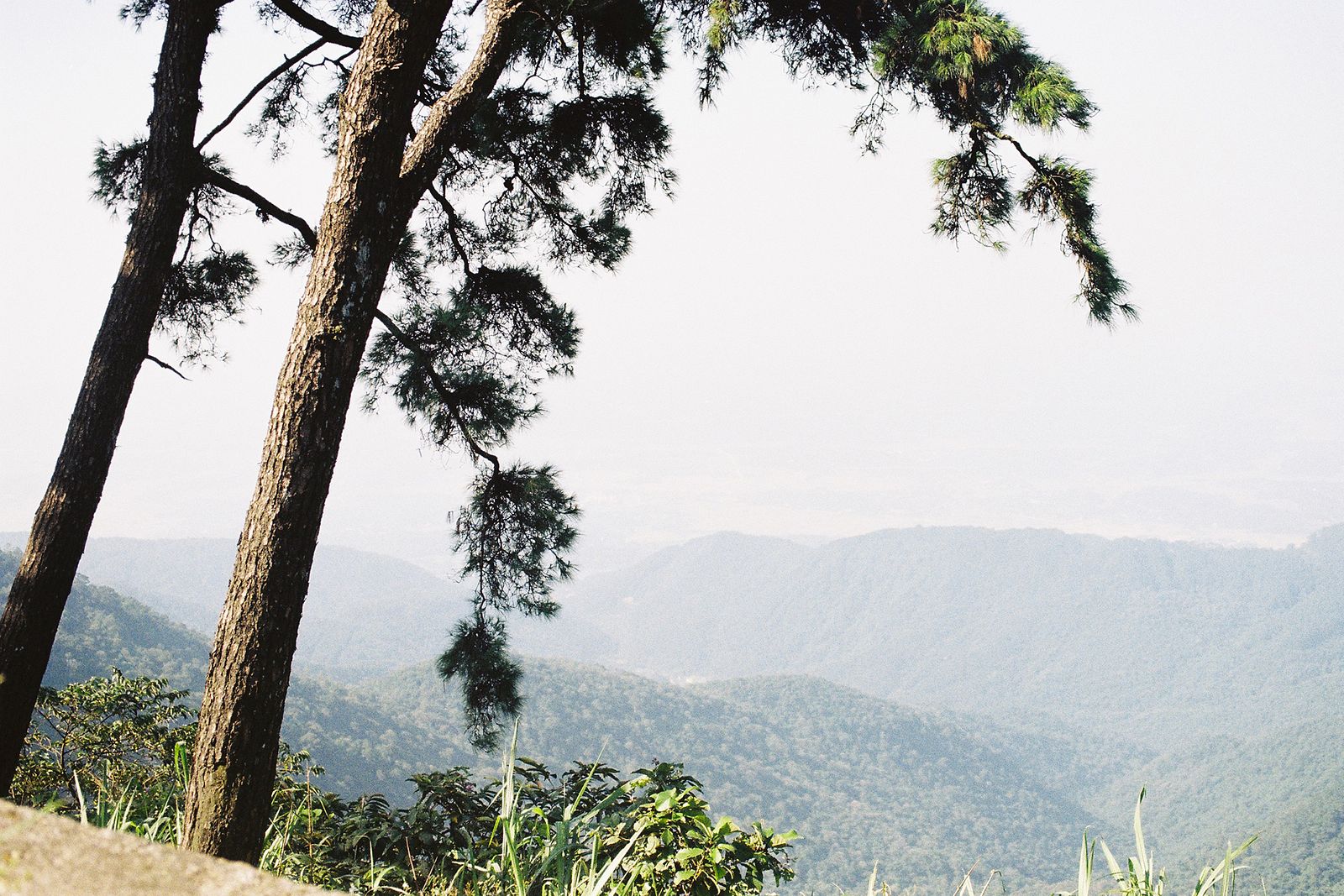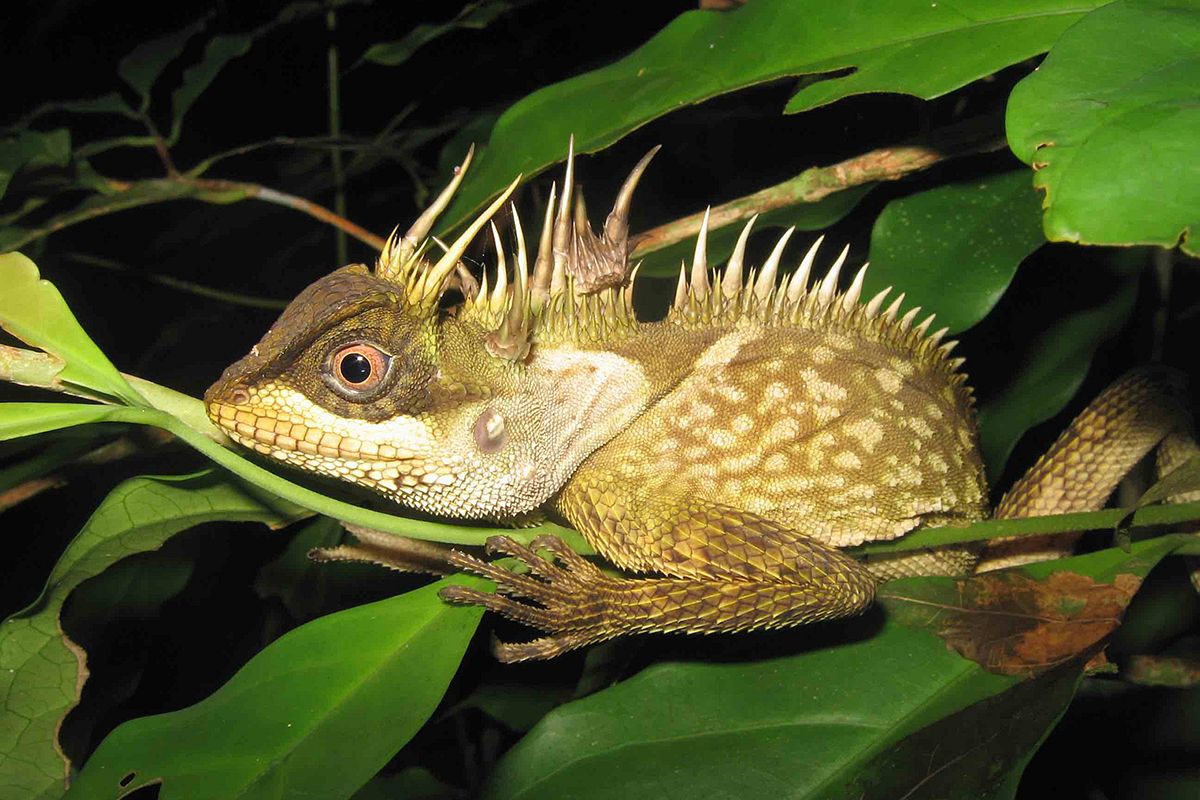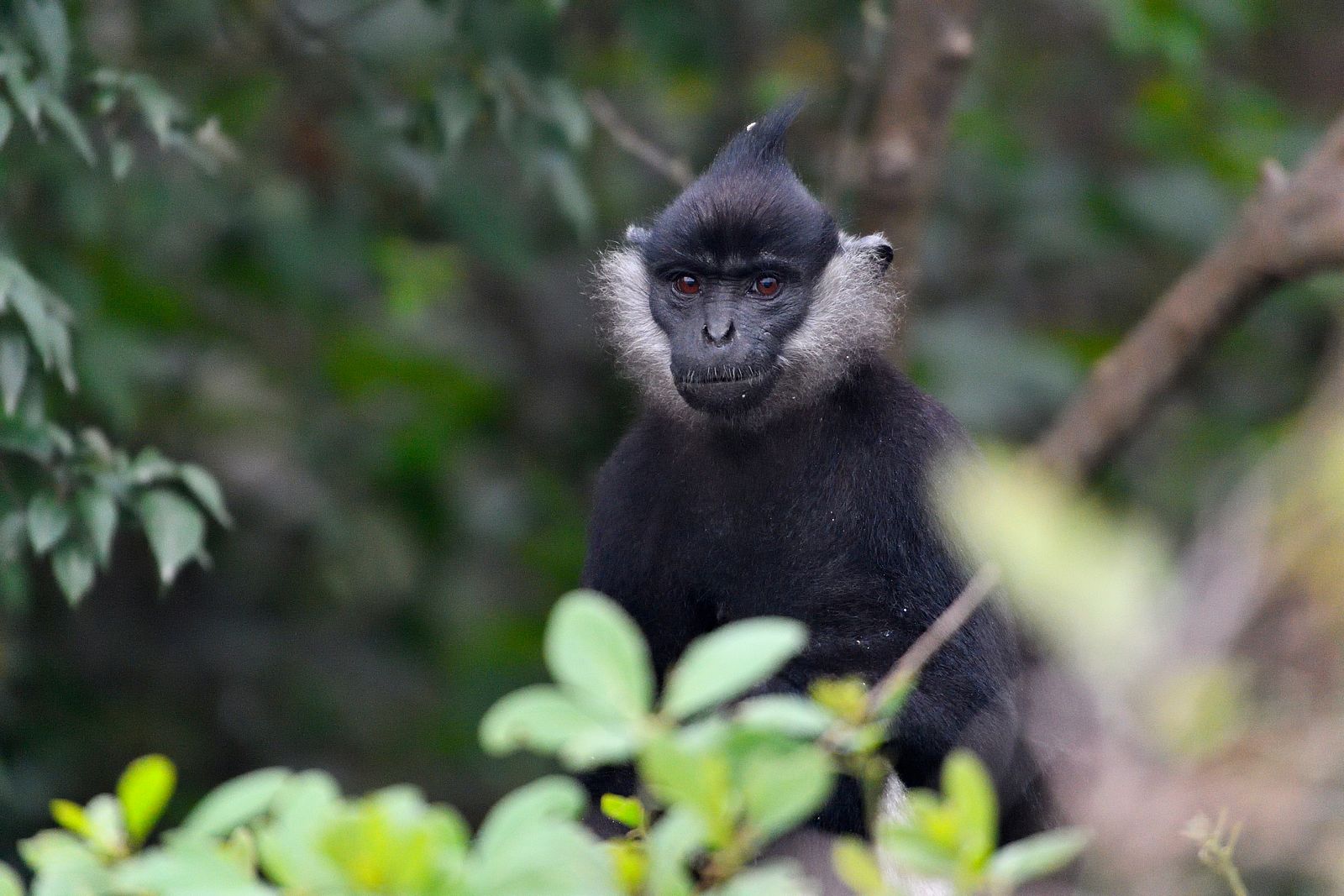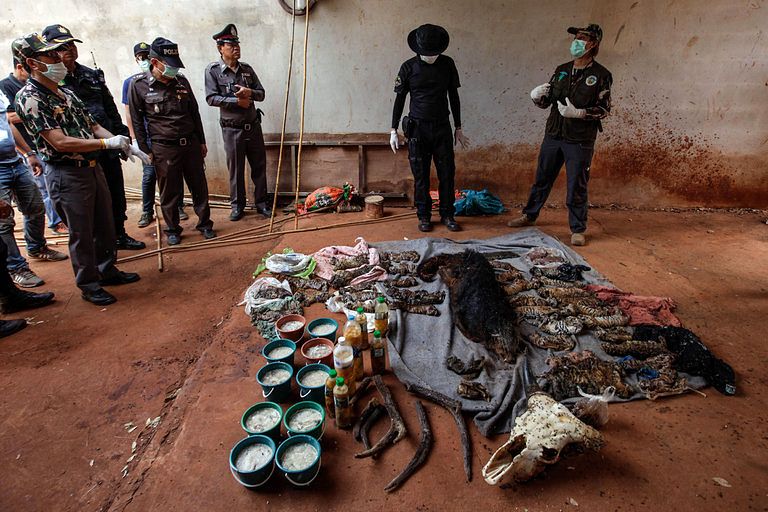It looks like the anti-rhino horn campaigns are finally paying off in Vietnam with a new report finding that there has been a 77% decrease in domestic buyers and a 66% drop in the number of people who think the horns possess medicinal value.
Related Articles:
- Vietnamese-American Actress Stars In Graphic Video, Visits Vietnam To Save Endangered Species (NSFW)
- Vietnam Mulls Destruction of Illegal Ivory, Rhino Horn and Tiger Bone
- Vietnamese Demand For Rhino Horn Drops By More Than 33% In 1 Year
The findings were reported last Wednesday at a working session in Pretoria between a Vietnamese delegation, the South African Department of Environmental Affairs, and relevant agencies, reports Tuoi Tre, citing a Vietnamplus.
"Vietnamplus cited statistics released at the session as showing that rhino horn buyers in Vietnam has declined 77 percent while there has been a 60 percent decrease in the number of people who think rhino horn has medicinal properties, one year after the “Stop Using Rhino Horn” communication campaign kicked off."
"The campaign was jointly run by WildAid, the African Wildlife Foundation, and Vietnamese non-governmental organization CHANGE, and was launched in Hanoi in March 2014. It will be run until 2016."
At the meeting, Vietnamese and South African officials praised the two countries’ “multifaceted cooperation” in combating the illicit trade that seen a significant uptick in demand and rhino deaths in recent years.
“Official statistics released by South Africa’s Department of Environmental Affairs in March 2014 showed that poachers killed 172 rhinos for their horns from the start of 2014, while 1,004 were killed in 2013,” wrote the newspaper.
The results of the report showed a massive turnaround in Vietnamese public opinion on the health effects of rhino horn. A survey conducted by AC Nielsen late last year found that 75% of respondents believed rhino horn had health and medical benefits, particularly for treating diseases.
[Photo via World Wildlife Foundation]














